Teaching Palestine
Palestine has long been one of the great silences in the official curriculum. Teaching Palestine: Lessons, Stories, Voices provides educators with powerful tools to uncover the history and current context […]
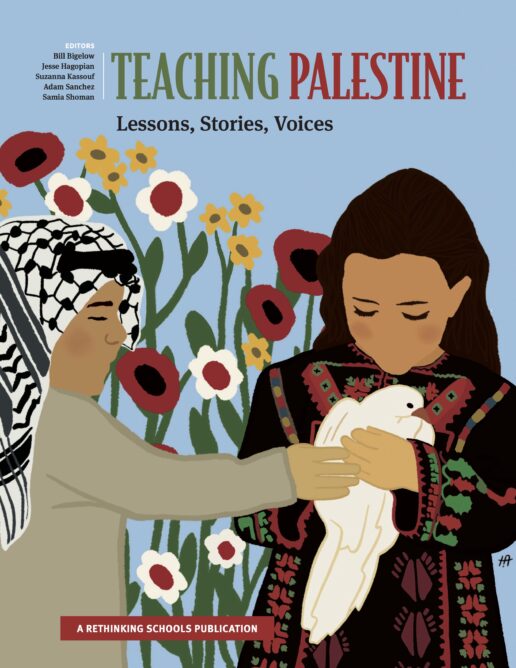
Palestine has long been one of the great silences in the official curriculum. Teaching Palestine: Lessons, Stories, Voices provides educators with powerful tools to uncover the history and current context […]

Transgender Justice in Schools provides inspirational stories from trans students and educators and resources for teachers, students, and parents seeking to build communities where everyone flourishes. This book will educate, […]
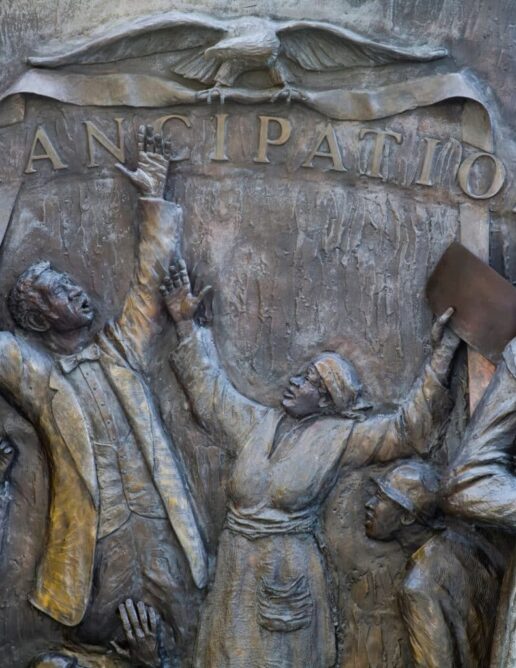
Juneteenth — June 19th — also known as Emancipation Day — is one of the commemorations of Black people seizing their freedom in the United States. Below is a list of resources […]
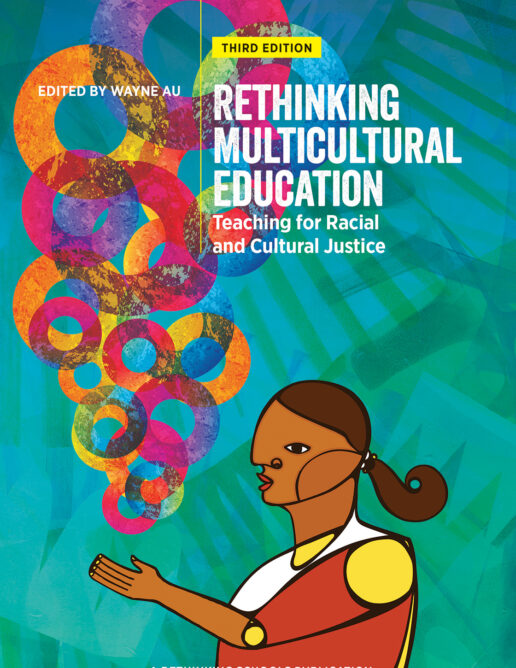
Practical, rich in story, and analytically sharp, Rethinking Multicultural Education can help current and future educators as they seek to bring racial and cultural justice into their own classrooms.
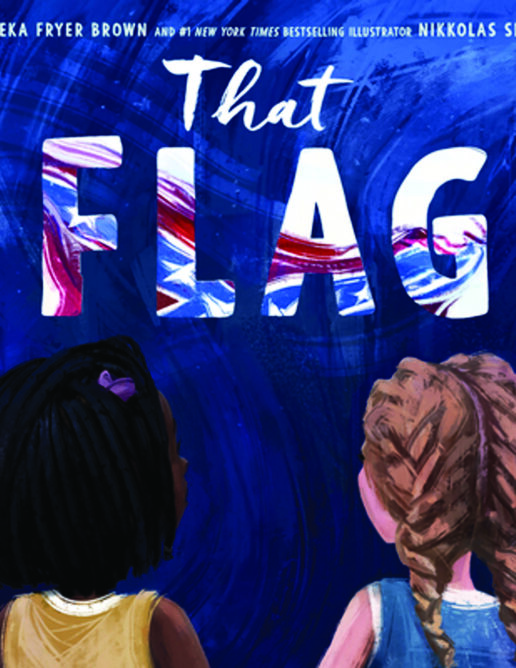
A teacher educator uses the excellent picture book That Flag to explore ways to address race and racism in the classroom.

Christensen has students reimagine literature and their own stories to talk back to and disrupt injustice — and build solidarity.
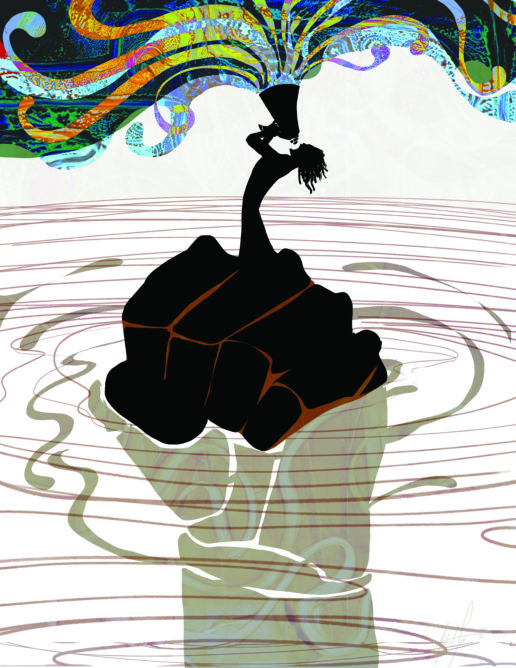
A doctoral student tells the story of her experience with a dangerous role play — poorly conceptualized and taught — when she was an undergrad.
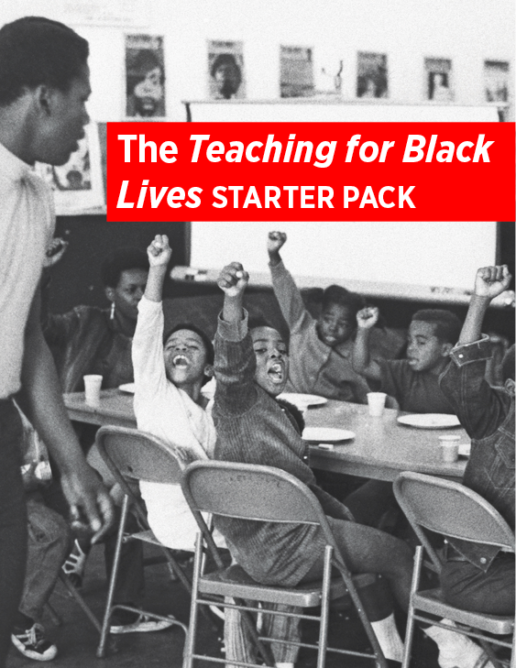
Get the free Teaching for Black Lives Starter Pack when you sign up today for email updates from Rethinking Schools.
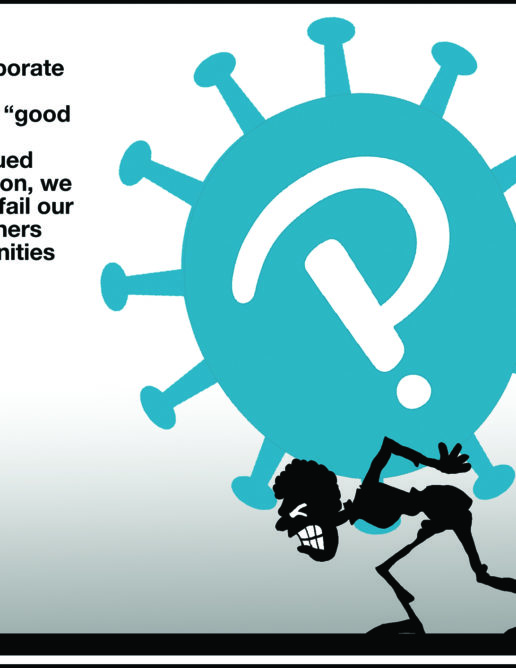
As former K–12 teachers who are now teacher educators in California, we share grave concern regarding the expectation for preservice teachers to complete their Teacher Performance Assessment (TPA) in order […]
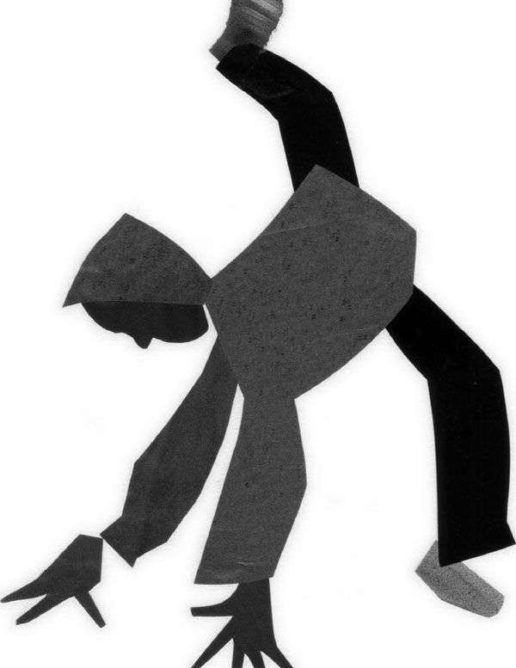
Hip-Hop: Beyond Beats and RhymesWritten and Directed by Byron HurtMedia Education Foundation, 200660 mins, DVD The Hip-Hop Education Guidebook Volume 1: A Sourcebook of Inspiration and Practical ApplicationEdited by Marcella […]
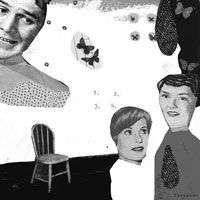
While we were excited to support the opening of the educational closet
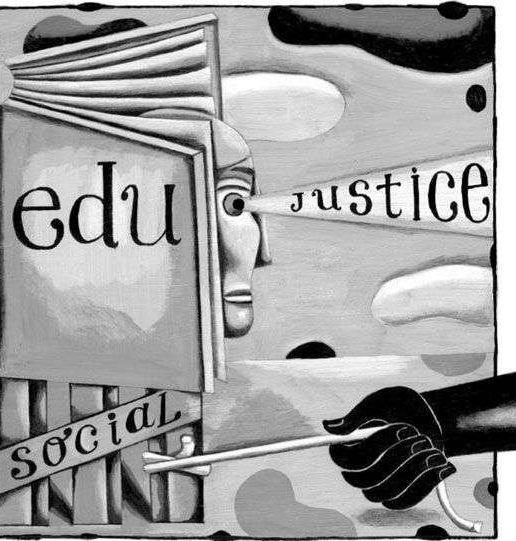
Virginia professors take on the state’s attempt to eliminate Social Foundations of Education” from required course work.”
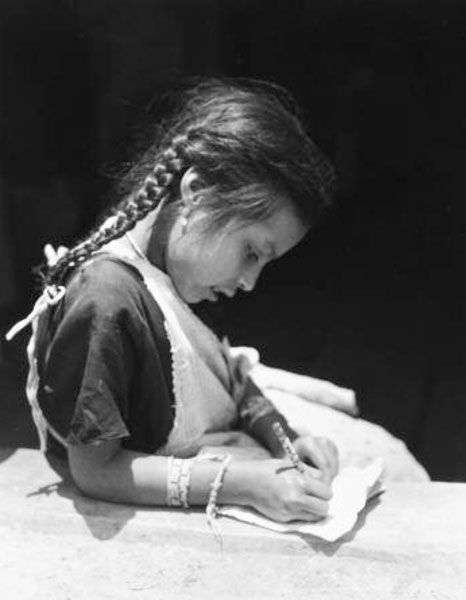
Encouraging prospective teachers to examine their cultural heritage.
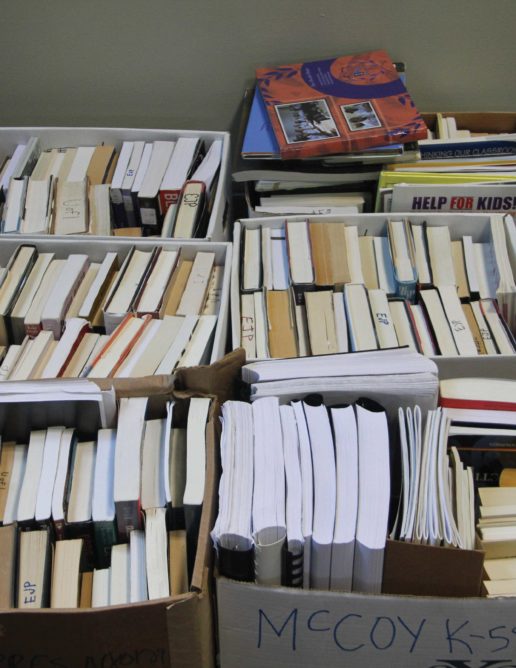
In late January, authorities at the Danville Correctional Center in east-central Illinois removed more than 200 titles from the prison’s library. One of the books that was confiscated was the Rethinking Schools book Rethinking Our Classrooms: Teaching for Equity and Justice, first published in 1994 and edited by Bill Bigelow, Linda Christensen, Stan Karp, Barbara Miner, and Bob Peterson.
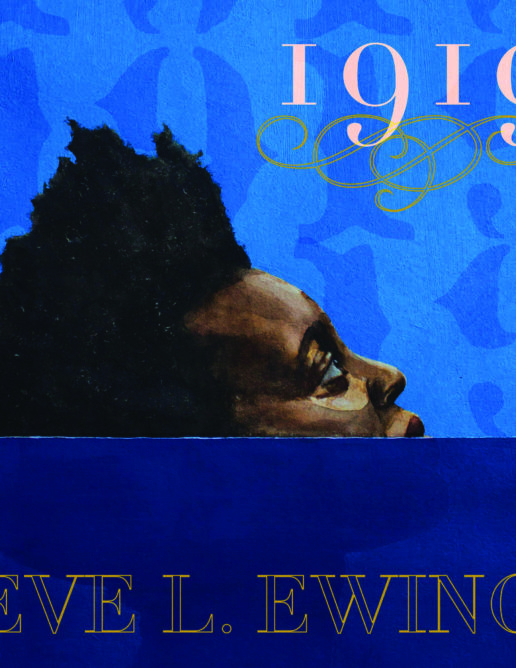
Check out these valuable resources, reviewed by Rethinking Schools editors and Teaching for Change colleagues.
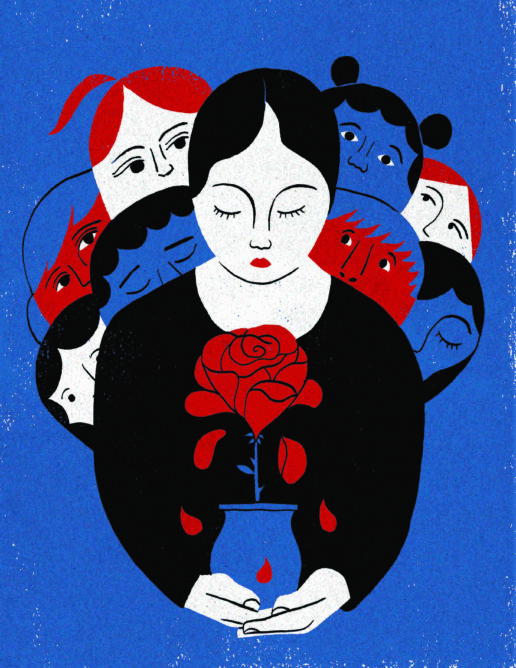
Death happens regularly, but a special education teacher describes her own mother’s death to show how schools leave no space for grief and try to hide death from the school community.
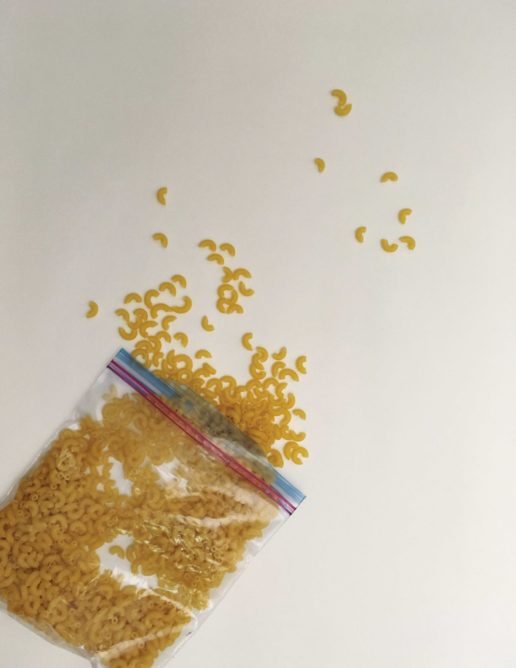
A 3rd-grade teacher uses thousands of pieces of macaroni to facilitate a lesson about fractions and to spur classroom conversations about wealth inequality.
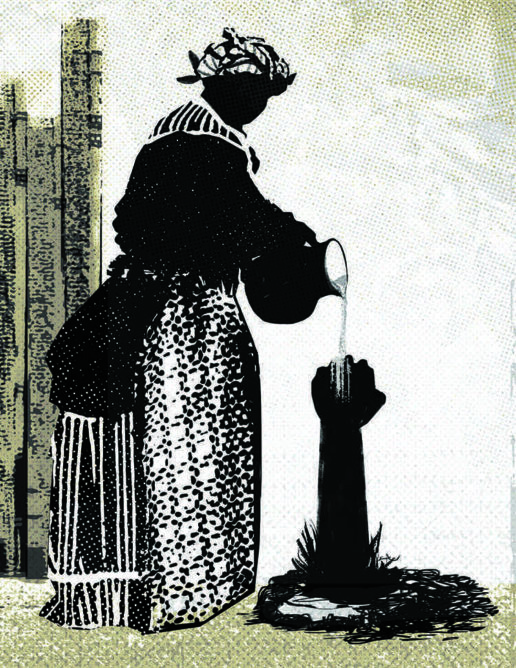
Unfortunately, the transformative history of Reconstruction has been buried. First by a racist tale masquerading as history and now under a top-down narrative focused on white elites. It’s long overdue we unearth the groundswell of activity that brought down the slavers of the South and set a new standard for freedom we are still struggling to achieve today.
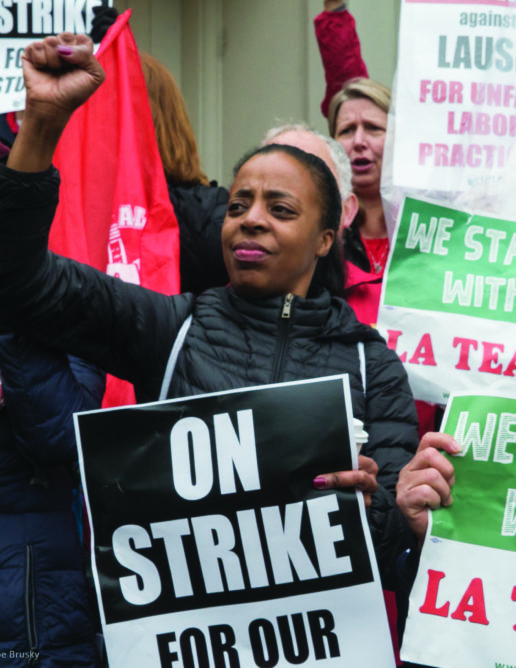
There’s no need for teachers in other cities to reinvent the wheel: study Los Angeles.
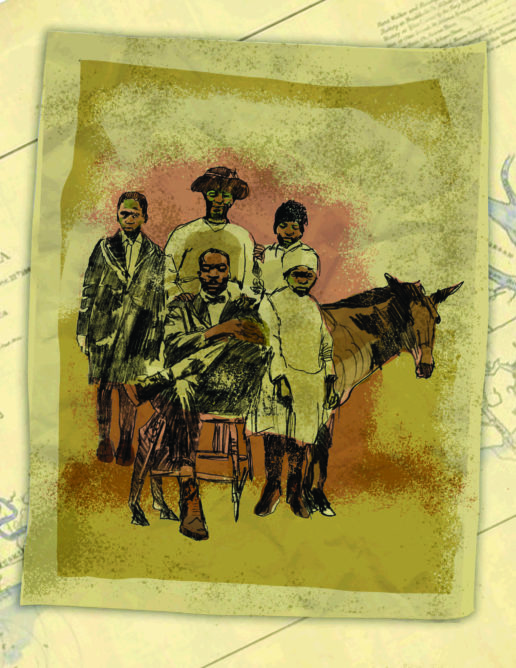
A high school teacher uses a role play so students can imagine life during Reconstruction, the possibilities of the post-Civil War era, and the difficult decisions that Black communities had to wrestle with.
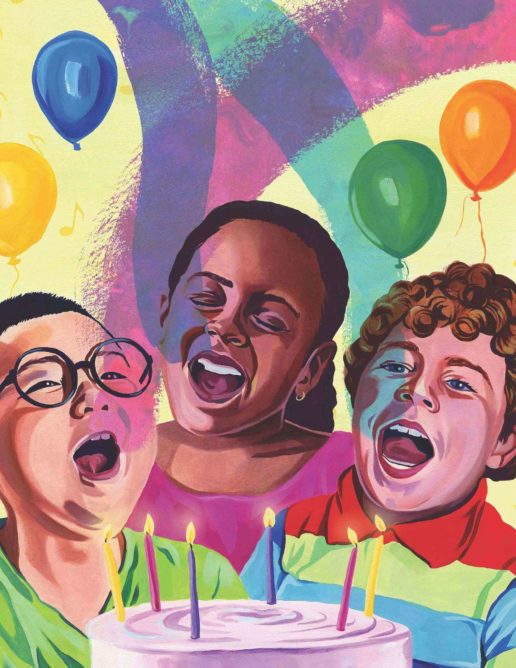
A kindergarten teacher looks at birthday celebrations in her classroom and whether all of her students’ home languages and rituals are being uplifted.
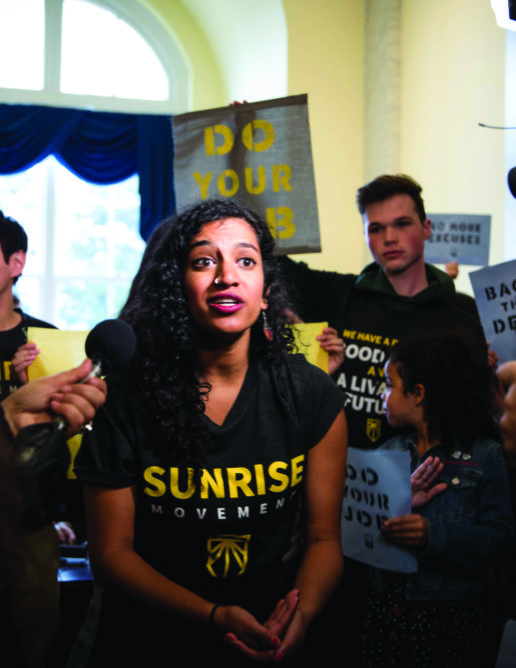
In the latest installment of our regular column “Earth, Justice, and Our Classrooms,” Rethinking Schools curriculum editor Bill Bigelow writes about global youth activism around climate justice and the urgency of the crisis, and introduces readers to the Zinn Education Project’s Teach Climate Justice campaign.
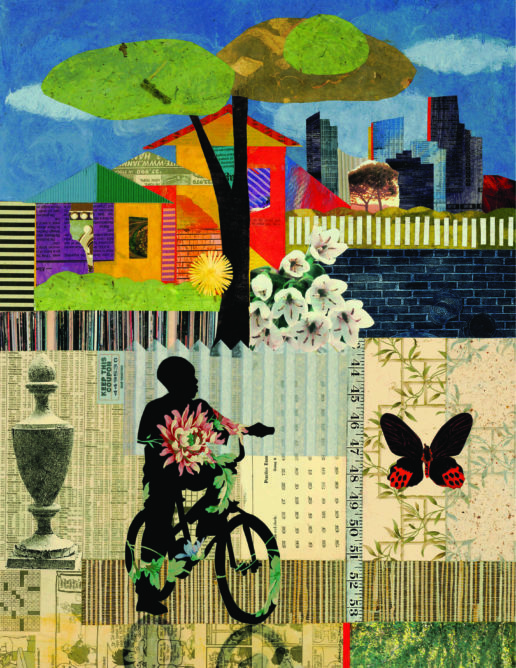
After teachers label her son’s behavior as problematic and try to have him evaluated by a psychologist, a Black parent uncovers why schools fail Black boys and begins organizing her community to challenge practices detrimental to them.
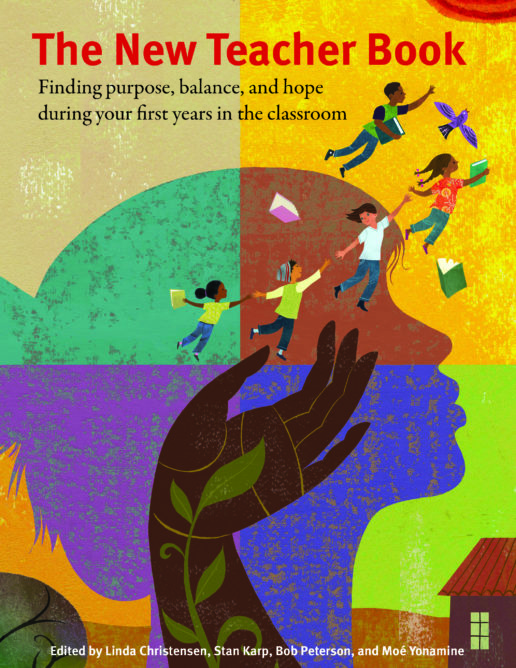
We need teachers who want to work in a place where human connections matter more than profit. We also wrote this book because we have had days — many days — where our teaching aspirations did not meet the reality of the chaos we encountered. We have experienced those late afternoons crying-alone-in-the-classroom kind of days when a lesson failed or we felt like our students hosted a party in the room and we were the uninvited guests. We wrote this book hoping it might offer solace and comfort on those long days when young teachers wonder if they are cut out to be a teacher at all.
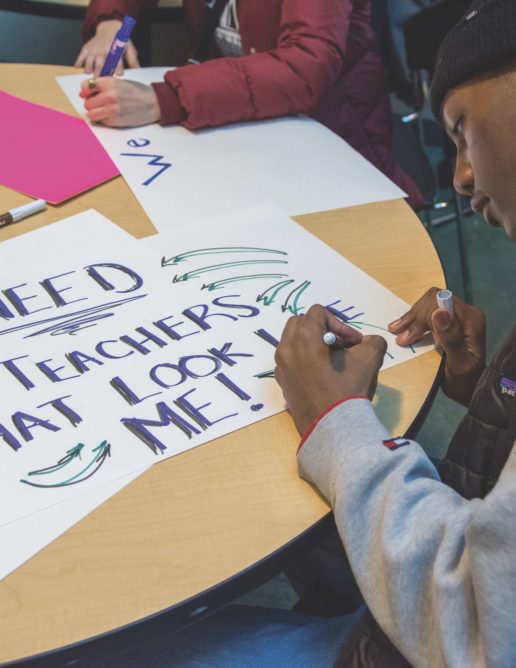
Every social justice educator should make building the BLM at School Week of Action during the first week of February a top priority.